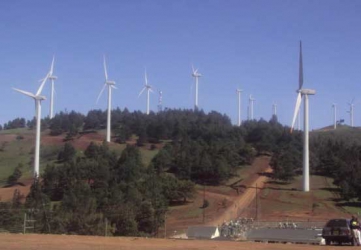×
The Standard e-Paper
Fearless, Trusted News

NAIROBI, KENYA: The biggest tragedy for politics is that it has no precedence. Past experience is not always an asset. The key ingredient of politics is people; moody, unpredictable and self interested.
What one sees outside politics is not what you see while inside.